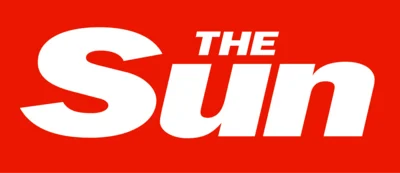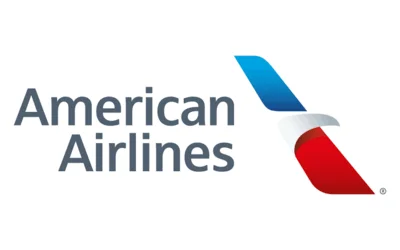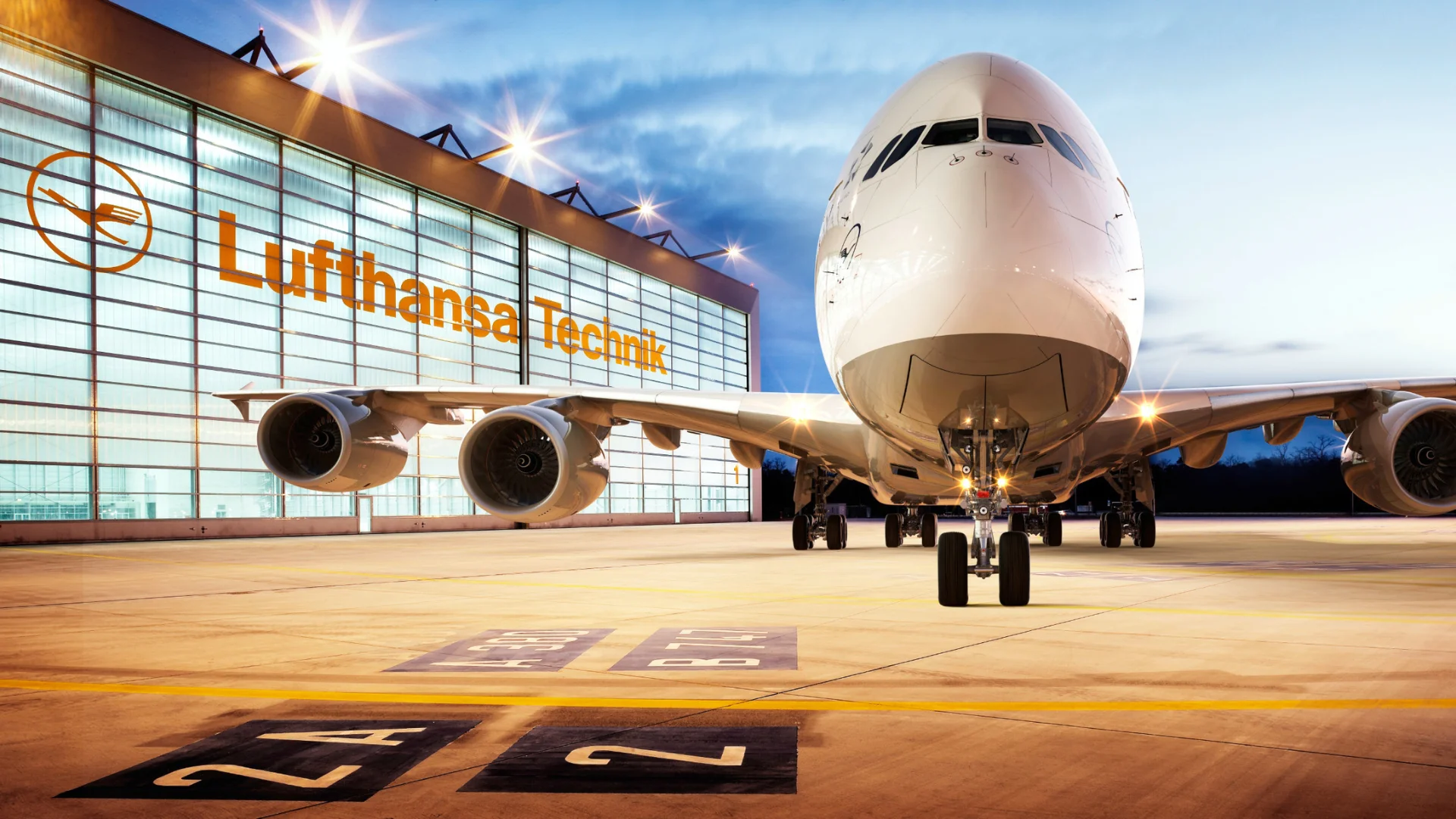The Airbus A330 is currently the second most-delivered widebody after the Boeing 777 and remains widely used globally. This makes it a strong candidate for adoption of AeroSHARK modifications. Andrew Muirhead, Vice President Original Equipment Innovation at Lufthansa Technik, said:
"The choice of the A330ceo as the next candidate for AeroSHARK certification is strategic, given the type's widespread use and significant leverage on global fuel consumption and emissions. With about 1,000 A330-200 and -300 aircraft in service worldwide, the potential for operational cost savings and substantial environmental benefits is vast.With the certification for the A330ceo, it will soon be possible to extend these benefits to a wider number of aircraft and to further contribute to more sustainable aviation practices.”
The inspiration behind this technology comes from shark skin’s tiny grooves—dermal denticles—which help sharks swim efficiently by reducing drag. By replicating this pattern as riblets on aircraft surfaces, smoother airflow can be achieved leading to lower fuel consumption.
While shark skin-inspired surfaces have previously been tested in aviation settings, Lufthansa Technik and BASF Coatings have developed one of few solutions certified for commercial operations. When applied to fuselages and engine nacelles, AeroSHARK offers approximately a 1% reduction in both fuel use and CO2 emissions according to company figures.
So far, AeroSHARK has been fitted on 28 Boeing 777s across various airlines as well as a testbed Boeing 747 operated by Lufthansa. As of August 2025, planes equipped with this technology had accumulated over 232,000 flight hours while saving more than 13,000 metric tons of jet fuel and reducing CO2 output by over 42,000 metric tons.
Other airlines are also exploring similar technologies. Earlier in 2025 Delta Air Lines announced that it would test shark-skin riblets developed with MicroTau on its fleet of Boeing 767s as part of efforts through its Sustainable Skies Lab innovation hub. According to Delta’s reporting,90% of its annual carbon emissions are linked directly to jet fuel consumption.
MicroTau projects that using riblets on Boeing 767 fuselage components could improve fuel efficiency by up to four percent—a higher estimate than current results from Lufthansa Technik’s system—and has previously shown success applying similar textures on US Air Force Lockheed Martin C-130J aircraft.
 Alerts Sign-up
Alerts Sign-up




































